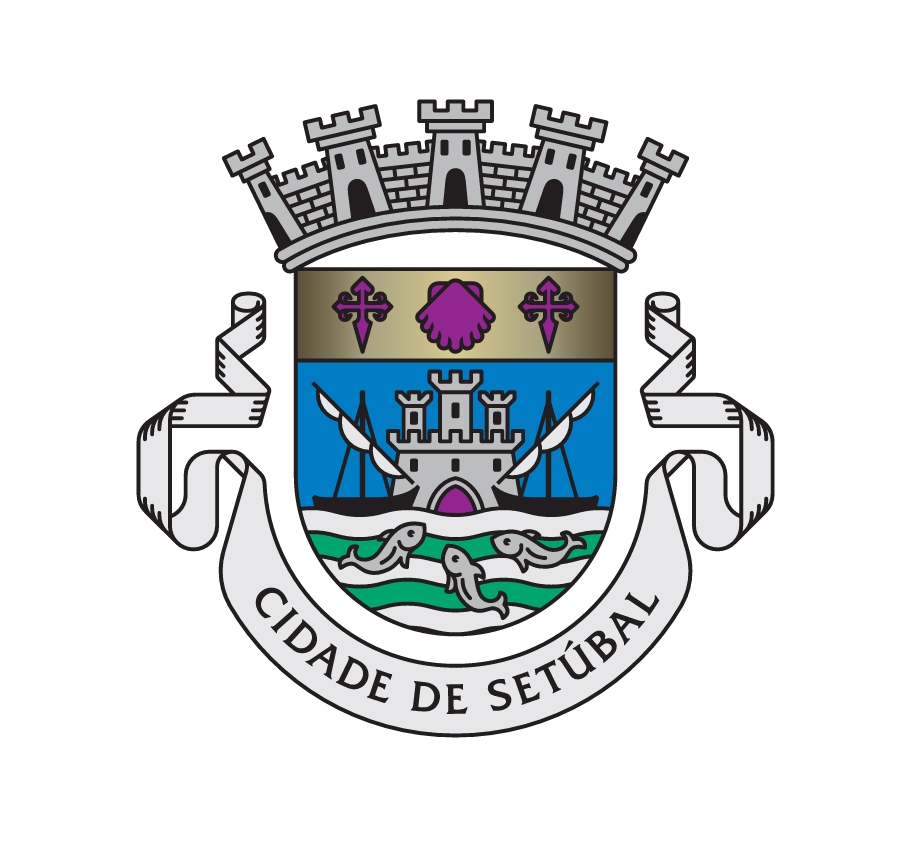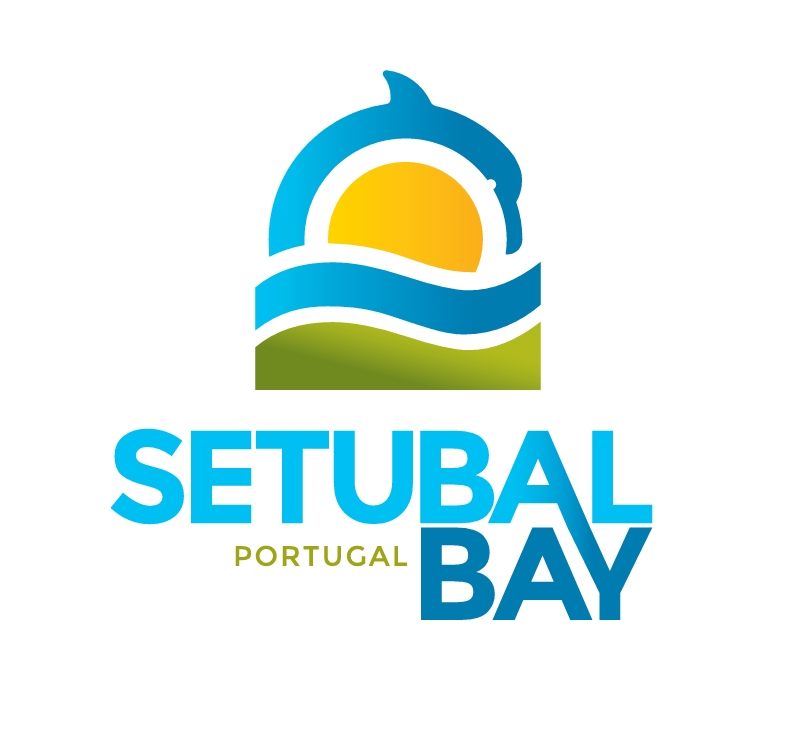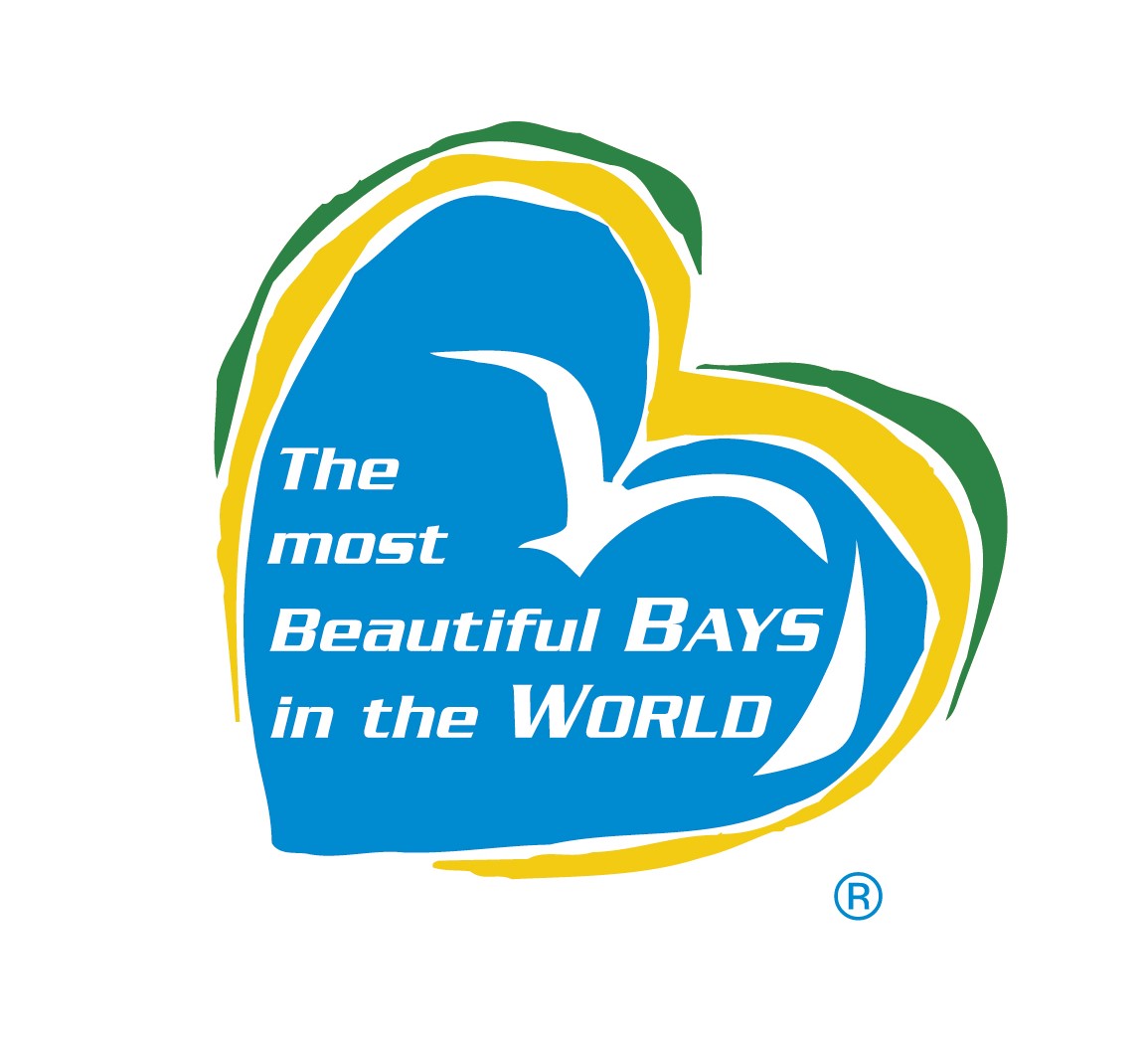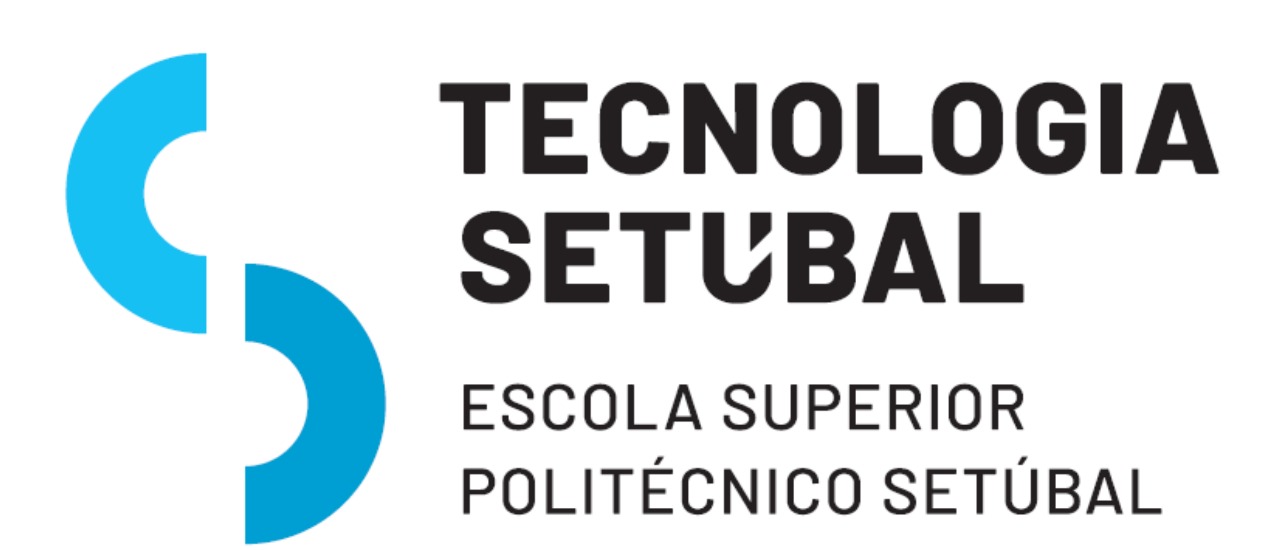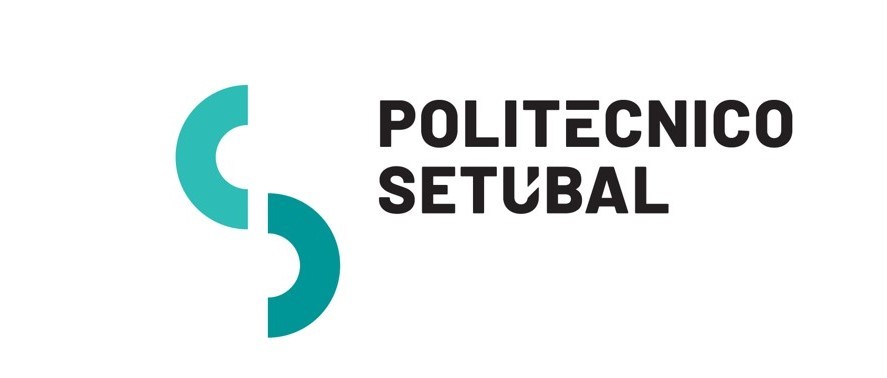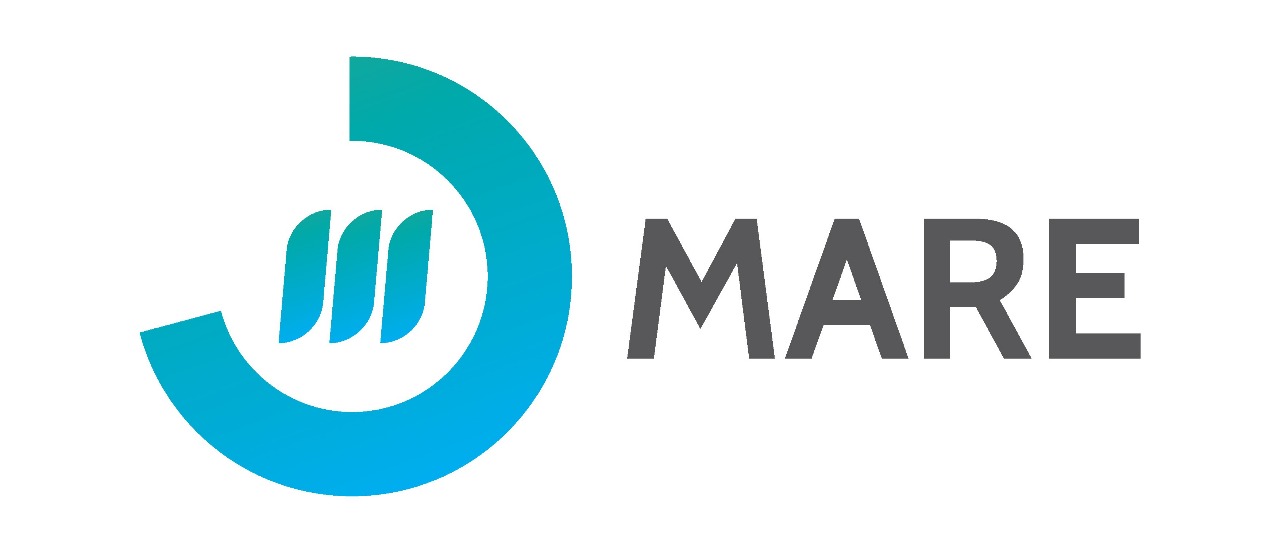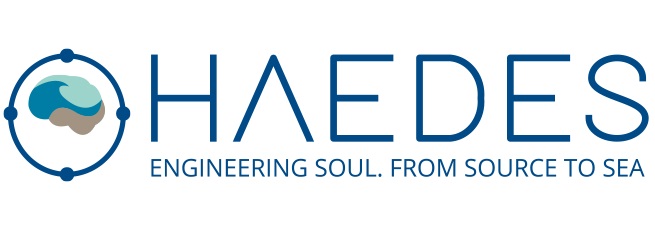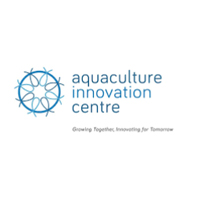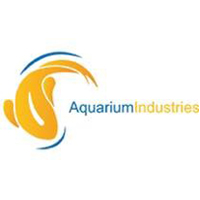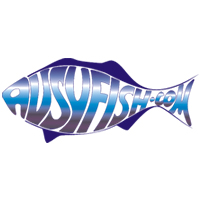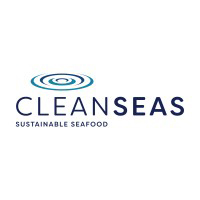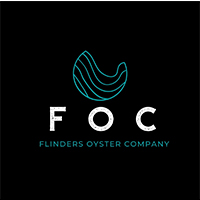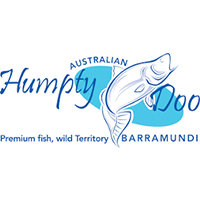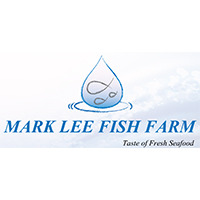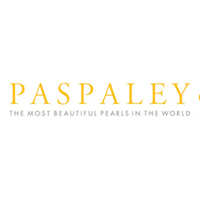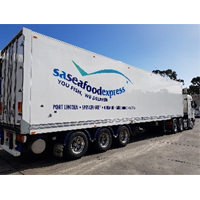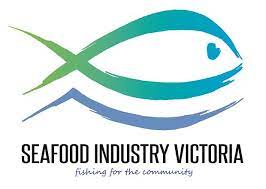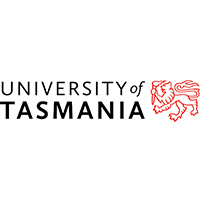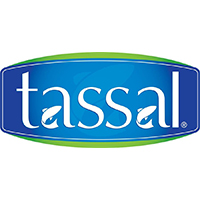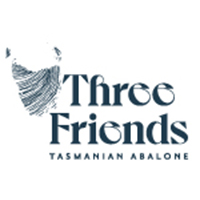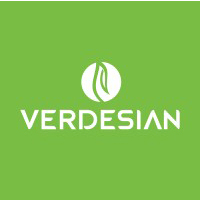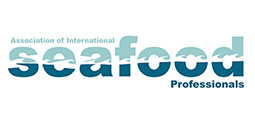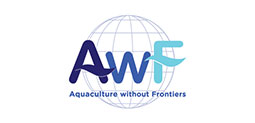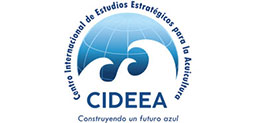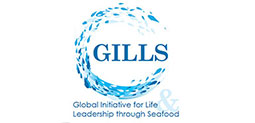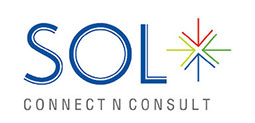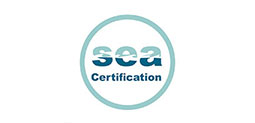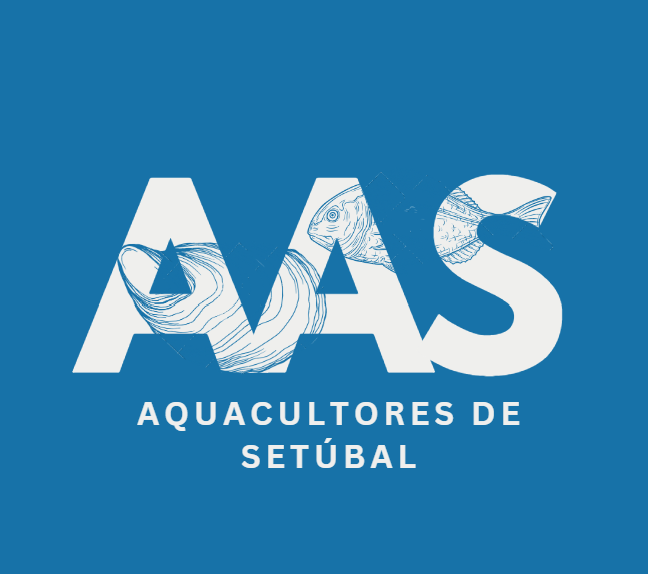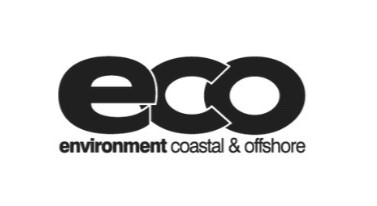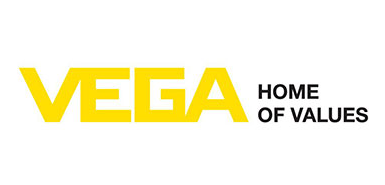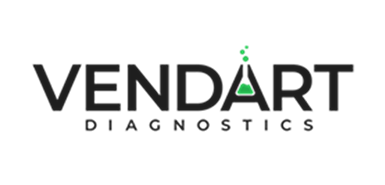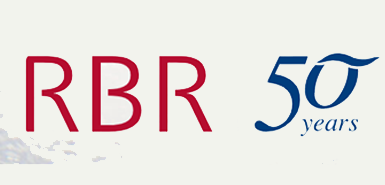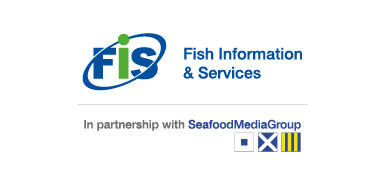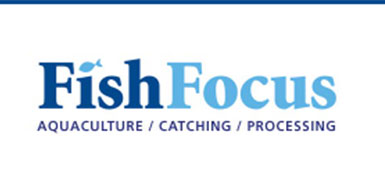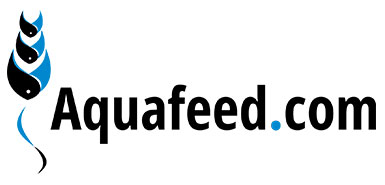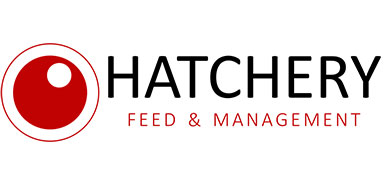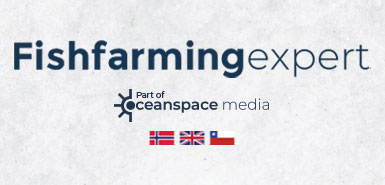International Chair

Roy D. Palmer
Founder - Association of International
Seafood Professionals & Seafood Consumers Association, Australia
Renowned experts will gather at the Aquaculture Congress 2025, a premier fisheries conference, to explore the latest advancements in aquaculture sustainable practices. The focus will be on innovative approaches that promote a harmonious coexistence between aquaculture and marine ecosystems. As global seafood demand continues to rise, the industry seeks solutions to boost productivity but also safeguard the oceans. Attendees will engage with groundbreaking research on eco-friendly techniques, such as sustainable feed options, improved water quality management, and environmentally conscious farming methods. Aquaculture Horizons 2025 has a diverse panel of specialists exploring the integration of cutting-edge technologies like Artificial Intelligence (AI), the Internet of Things (IoT), and blockchain in aquaculture. These technologies are revolutionizing the industry by enhancing operational efficiency, improving monitoring and data collection, and increasing transparency in supply chains. AI optimizes feeding patterns and growth, while IoT sensors provide real-time environmental monitoring to ensure healthier fish populations. Meanwhile, blockchain is transforming traceability, allowing consumers to track seafood from farm to table with unprecedented precision. These advancements in aquaculture research are shaping the future of the industry, setting standards for sustainability, efficiency, and accountability within aquaculture on a global scale.
International Aquaculture Event 2025 will serve as a premier interdisciplinary platform, bringing together researchers, practitioners, and educators from across the globe to present and discuss the latest innovations, trends, and pressing concerns in aquaculture and fisheries technology. Recognized as the best aquaculture conference in Portugal, this event will highlight cutting-edge developments shaping the future of aquaculture, offering attendees valuable insights into both the scientific and practical aspects of the industry. Experts will share their knowledge on a wide range of topics, from advancements in sustainable farming practices to the integration of technologies aimed at improving efficiency, environmental sustainability, and seafood traceability. This aquaculture conference and trade show in Portugal will address the practical challenges currently faced by the industry. Through in-depth case studies and expert-led sessions, participants will explore real-world problems and innovative solutions. Dedicated speaker slots will be followed by engaging Q&A sessions, fostering dynamic interaction between speakers and attendees. This allows for the exchange of ideas in a collaborative environment. European Aquaculture Conference 2025 will also provide captivating networking opportunities, facilitating connections between researchers, industry professionals, and educators. Early bird registration is encouraged, as the event is expected to sell out quickly, promising a transformative gathering that will shape the future of the industry.
